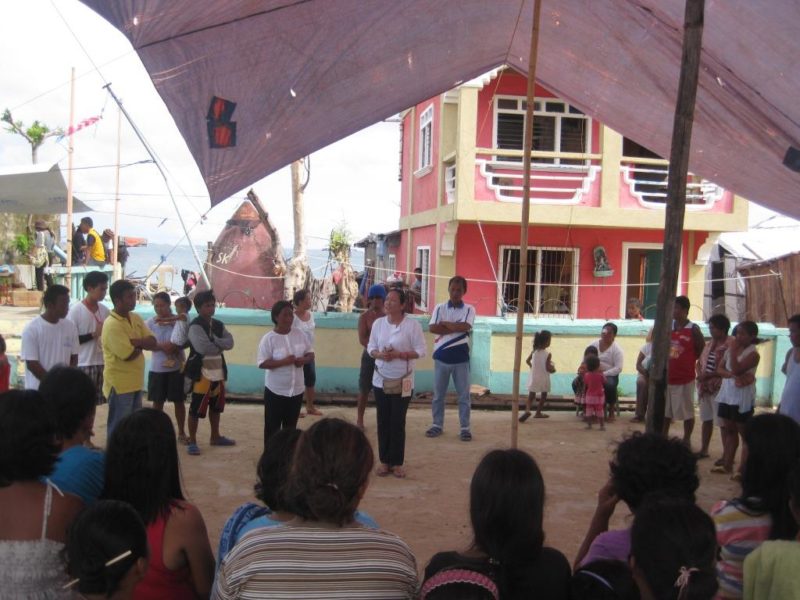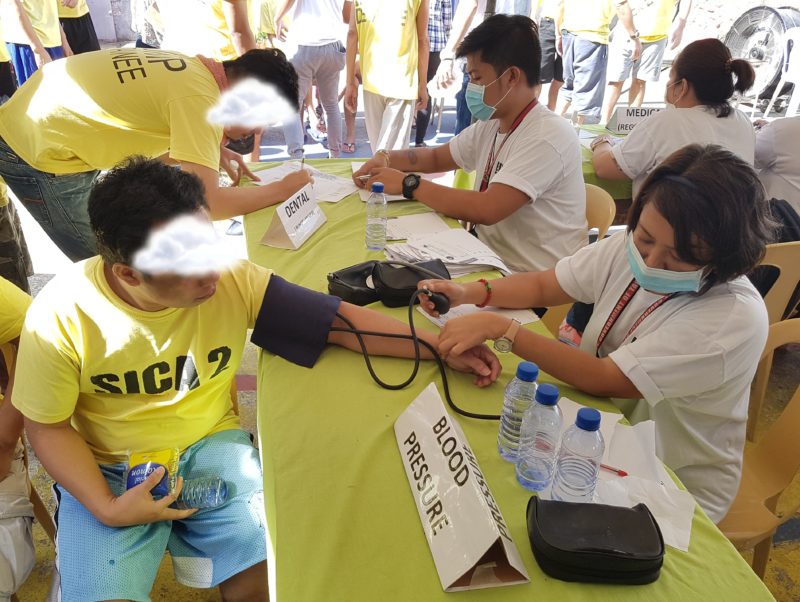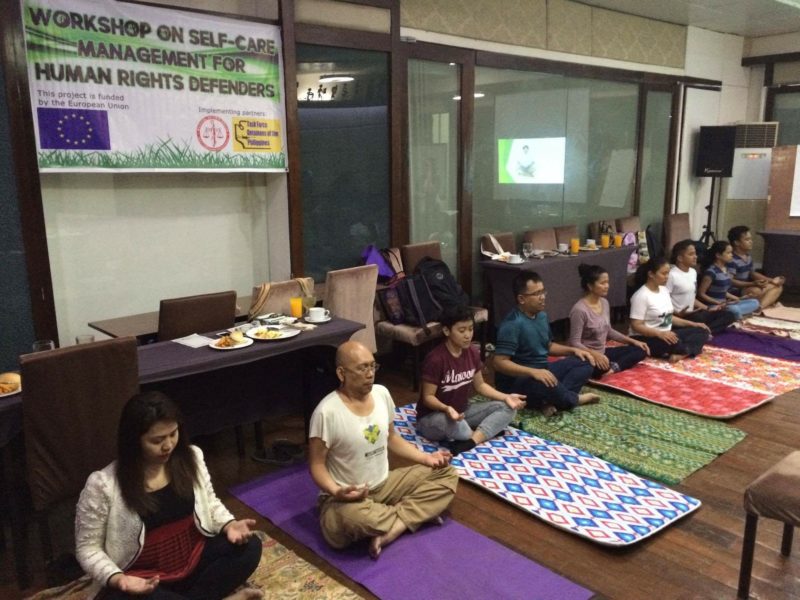The health status of an individual is one of the most significant and relevant reflection of how much one person’s total rights are guaranteed and enjoyed. “Health is not merely the absences of disease, but the complete state of physical, mental and social well-being (Alma Ata Declaration, 1978).”
The framework emphasizes that the individual is a complete human being. Each part is interrelated or is a factor for the development and regression of each part’s condition. It recognizes that a person’s physical/ biological condition as well as the individual’s behaviour is largely influenced, if not a product of a society in which the person lives. The prevailing social conditions and practices of the immediate environment in microcosm and the political and economic conditions of the country in the macrocosm should be taken into account in the rehabilitation process.
The role of the physician or any health care giver has been expanded so that it has to deal with the social and political factors which influence health. In the process of intervention, the underlying causes and influencing factors of the ailments should also be critically analyzed and modified as necessary.
The primary focus of therapy is the direct victim/ survivor. Their immediate problems must be addressed while considering factors in their environment that may aggravate or hasten the recovery of the patient. For example, the intactness of the family and strong support from family members are beneficial in the rehabilitation process.
Knowledge and understanding of the beneficiaries’ sub-culture are vital in establishing trust and earning their confidence. This likewise creates a therapeutic relationship. Political prisoners are very particular with whom they talk to because of some apprehension that they may be misunderstood and may not be accepted for their political beliefs.
Teamwork is a basic strategy in the biopsychosocial approach. There is always coordination and support from the physician, nurse, psychologist and social worker. Team members likewise practice confidentiality in treating their clients. PACT program beneficiaries have undergone a great deal of physical and psychological stress. While many stand firm, others break down. MAG’s health workers must show sensitivity to the needs of the victim/ survivor. Sensitivity is reflected in the system and procedures adopted in the rehabilitation process, the appropriateness of therapies employed and the flexibility of therapists to the expressed or unexpressed needs of the clients.
MAG shares with the dreams and aspirations of its beneficiaries who are mostly participants in the struggle for social transformation. Its vision is to have a society where the people’s health as well as other human rights is equally promoted, respected and guaranteed at all times.
Source: Parreno, Reca and Trajano, Rose. “The Bio-Psychosocial Framework of Rehabilitation,” Progress Notes Vol. 8 No. 4. 1994; “Philippine Action Against Torture (PACT),” MAG Magazine Vol. 9 No. 4, 1994.



